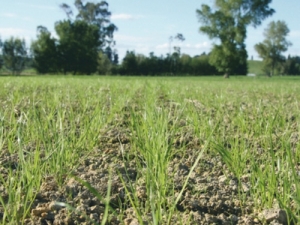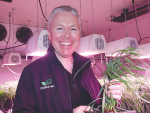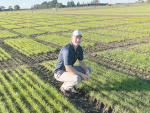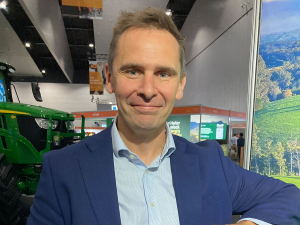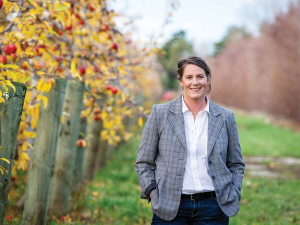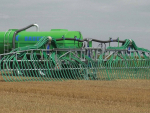There is no better time to get seed into the ground.
Soil temperatures in many parts of the North Island and upper South Island are still mild – over 15°C which is ideal for establishing most pasture species.
Perennial ryegrass or any short term ryegrass can be sown through to about Anzac Day. Early April is however too late for sowing pasture brome or fescue, because these species are sensitive to low soil temperatures.
Pasture systems specialist Graham Kerr says undersowing is both fast and cost effective for restoring production to paddocks which haven't recovered well from summer, and are showing areas of bare ground.
"Simply direct drilling seed with no herbicide prior can be a great tool to fill the gaps with desirable species and keep paddocks growing good feed," he says.
"Otherwise bare ground typically fills up with weeds quickly. Then you end up counting the cost in lost dry matter production, poorer feed quality and the need for a full pasture renewal next season."
Fast growing, high yielding annual ryegrass like Hogan is a good choice for such paddocks, if they are destined to be sprayed out and re-sown in spring with summer crop, he says.
For paddocks which need to last longer, Shogun hybrid ryegrass has become a very popular option, Kerr says. That's because it establishes quickly and can last two to three years with undersowing.
No matter whether you sow perennial or short term ryegrass, he has one word of warning for those who look to 'save' by using a cheap rye/clover mix: don't.
"In the overall scheme of things (remembering farms are multi-million dollar businesses) seed isn't a big cost. With rye/clover you don't know what you're getting and it probably won't have endophyte so it won't persist anyway. Often it has a lot of weed seed. There is a reason it's cheap!"
Remember too that while shorter term pastures like Shogun or Tabu Italian ryegrass are faster to establish than perennials, and improve late winter and early spring DM production, these characteristics need to balanced with the required persistence.
"Too many short-term pastures sown now means a lot of renewal over the next few years," he says.





